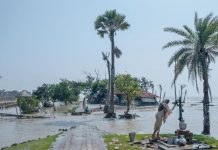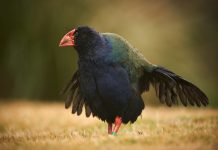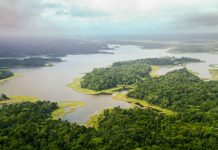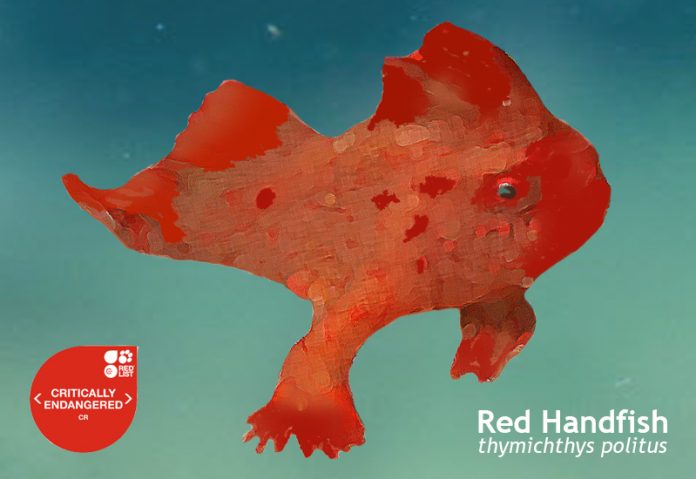Red Handfish is an attractive fish that endemic to tasmania’s eastern coast. T. politus is one of about 14 species in the handfish family and called as the red handfish since its fins seems to be as hands. Instead of swimming they use their fore fins to move on the ocean floor. The Environment Protection and Biodiversity Conservation Act as at July 2010 has declared this red hand fish as the vulnerable. So, they’ve been observed as one of the rarest species of fish in the world and has a threat of extinction.
Its habitation is around the benthic zone of sandy, rocky bottoms and rockey reef of the sea and their diet is consist of small crustaceans and worms. This species can be found in two colours, one with red embellishments and the other a right red all over. They grow from about 6cm to about 13.5cm long.
They were first discovered at Port Arthur during the 1800’s and small population was found at Actaeon Islands and south of Hobart in the 1980s. Then, the largest population was found on a reef off Primrose Sands around Hobart found in the 1990s. The survey that is carried out in 2005, published that no red handfish were found at Primrose Sands. Thus, in late 2010, three red handfish were located in the Primrose Sands area and limited sightings have since been made at this site.
Threats to red handfish are identified as poaching for use as pets, fragmentation of their population, water pollution, siltation of sea bed and increasing the water temperature. Because of this their reproductive rate and dispersal rate become lower which challenge for the species for survival.
In recent past, a team of divers from IMAS and the citizen science project Reef Life Survey (RLS) have discovered of a new population of this species. The discovery of what is thought to be up to 40 individuals doubles the known population. They said that “We’ve already learned a lot from finding this second population because their habitat isn’t identical to that of the first population, so we can take some heart from knowing Red Handfish are not as critically dependent on that particular set of local conditions.”

























